A standardized outbreak investigation instrument has been developed in response to an industry need for a consistent tool for these efforts. Development of the instrument has been led by Dr. Derald Holtkamp, Iowa State University, and collaborators. Prompted and funded by the Swine Health Information Center, the new instrument is available for download and use from the SHIC website and a web-based version will be launched this spring.
Dr. Holtkamp engaged a working group of 12 academics and swine veterinarians to assist in development of the standardized outbreak investigation instrument. The goal is to use the outbreak investigation instrument to improve biosecurity for endemic diseases and be better prepared to respond to the introduction of transboundary diseases.
The new instrument is available now on the SHIC website for producers and veterinarians to download and use. The downloadable version is a fillable form that upon completion could be submitted to a program administrator at ISU. Or it could be used for farm/system outbreak investigations without submitting. But every submission will strengthen the confidential, without identifiers, database that can be mined to find industry trends and opportunities to learn from the collective experience and strengthen industry-wide biosecurity. When the web-based version is available in the coming weeks, veterinarians will contact the ISU-based administrator for access, a one-time process. SHIC will provide the administrator’s contact information once the web-based version is released.
“I feel really good about the instrument and approach,” Dr. Holtkamp remarked. “The reason for doing this remains trying to be better prepared to respond to the introduction of transboundary disease. However, the idea is, it’s not good enough just to have the instrument available. We need veterinarians and producers using it, getting practice with it, knowing how it works. Opportunity for this is with endemic diseases like PRRS, PEDV, Senecavirus A, diseases we already have.”
The new, standardized outbreak investigation instrument was built from, and expanded on, an existing investigation tool. Expert input and conversation led to changing some terms and creating additions. “We made a lot of incremental changes that really improved it a great deal,” Dr. Holtkamp explained.
Historically, Dr. Holtkamp says producers ask veterinarians to conduct outbreak investigations. However, students are not always taught how to do this in veterinary school. “Outbreaks are crises. Usually, in the aftermath of crises is when people are most interested in finding out what went wrong and asking, how can I prevent this in the future,” Dr. Holtkamp stated.
While motivation to determine the cause of outbreaks has existed, a standardized instrument for the process was not available. “Here’s an instrument you can use that has a lot of investment in time and expertise to do investigations a lot better,” Dr. Holtkamp commented. “Producers want veterinarians to use the best available tools.”
Investigations are designed to learn where producers should devote time and effort, where to prioritize the most significant biosecurity hazards on the farm. The only way to identify where those biosecurity hazards are is to be deliberate about the investigation and this instrument will help.
A completed investigation instrument results in two reports. The full report captures everything that was learned during the investigation to highlight the most significant hazards and second, a summary report helps producers prioritize where they would like to invest their resources in biosecurity control measures.
Dr. Holtkamp believes the saying we learn from our mistakes isn’t always accurate. “There’s no guarantee just because we make mistakes, we’re going to learn from them,” he concluded. “With this new instrument, we can learn faster from outbreaks that are fundamentally mistakes.”
Dr. Holtkamp leads the SHIC Rapid Response Program and says going forward there are plans to get members of Rapid Response Teams trained with the standardized outbreak investigation instrument. They would then be able to set up and conduct investigations using the web-based outbreak investigation instrument.
SHIC, launched by the National Pork Board in 2015 solely with Pork Checkoff funding, continues to focus efforts on prevention, preparedness, and response to novel and emerging swine disease for the benefit of US swine health. As a conduit of information and research, SHIC encourages sharing of its publications and research. Forward, reprint, and quote SHIC material freely. SHIC is funded by America’s pork producers to fulfill its mission to protect and enhance the health of the US swine herd. For more information, visit http://www.swinehealth.org or contact Dr. Paul Sundberg at [email protected].
Copyright 2024 | Swinehealth.org | Website by Heartland Marketing Group